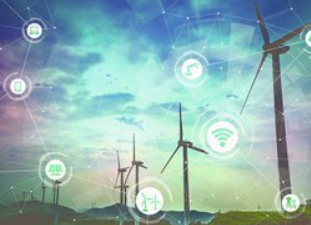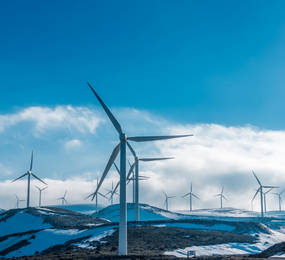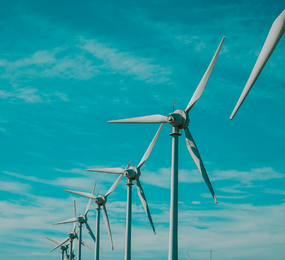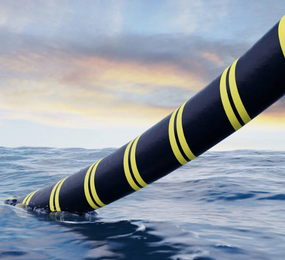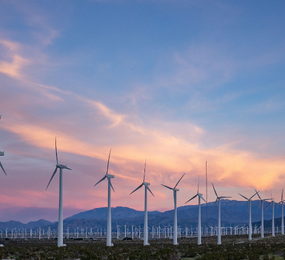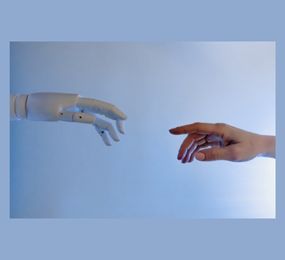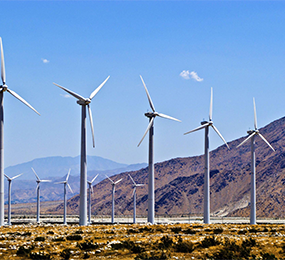The world faces an urgent challenge. How can the increasing demand for energy be met while addressing climate change and implementing a net-zero emissions energy system? Innovation in digital and AI has a significant role to play in enabling us to accomplish the enormous transformations that are required.
-
By enabling the design and operation of completely new energy systems at the device, plant, and regional scales, digital technologies have the potential to significantly reduce the carbon footprint of many industrial operations;
-
they can enable more accurate tracking of greenhouse gas emissions;
-
enable transparent reporting across supply chains, and more efficient monitoring of carbon offsets; and
-
they can provide the tools and processes for improving energy efficiency of operations and enabling the sharing economy.
The move from a fossil fuel-based energy system to a new, more ecologically friendly energy mix is referred to as the energy transition. At the core of this strategy is the objective to cut CO2 emissions in order to slow global warming.
The energy transfer is actually based on two different types of actions:
1. The substitution of renewable energy sources for carbon-based energies (RE).
2. Energy-saving measures that increase energy effectiveness (waste reduction, energy renovation, demand-response, energy management, etc.).
We now know that the energy system will need to change substantially in the coming decades. But what role will digital technology and AI play? And how do we get there faster? With this in mind, do not miss the opportunity to join the Windpower Data and Digital Innovation Forum in Berlin Germany.
To register or learn more about the Forum please check here: https://bit.ly/3TJzA5b
For more information and group participation, contact us: [email protected]
Leadvent Group - Industry Leading Events for Business Leaders!
www.leadventgrp.com| [email protected]


